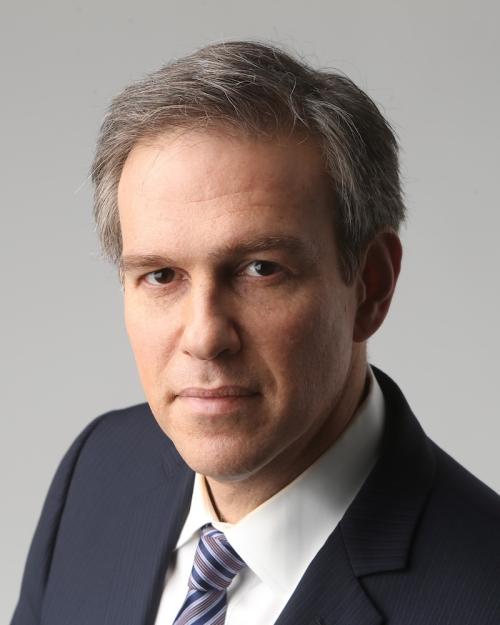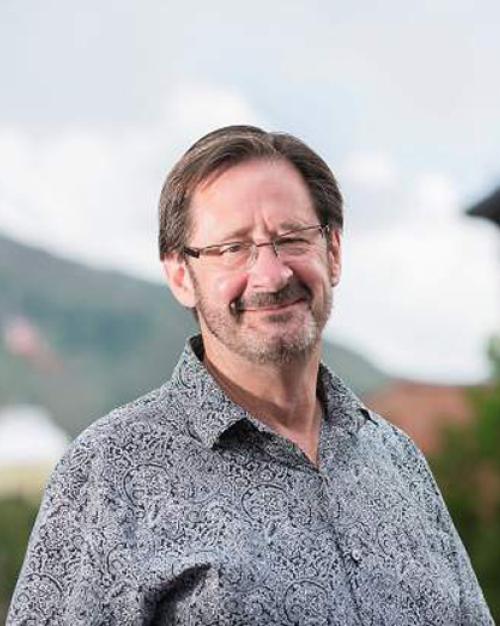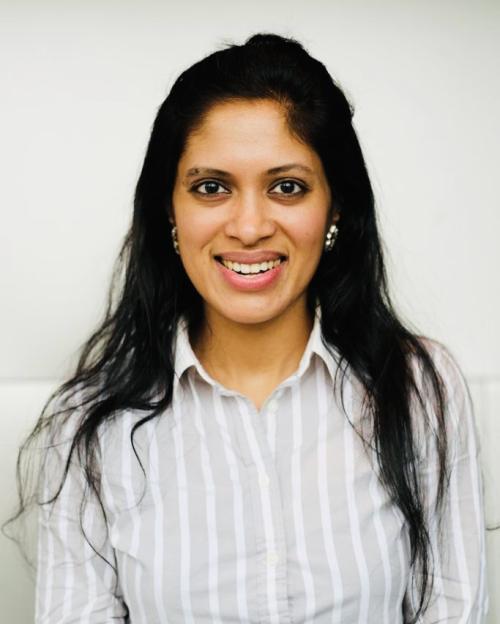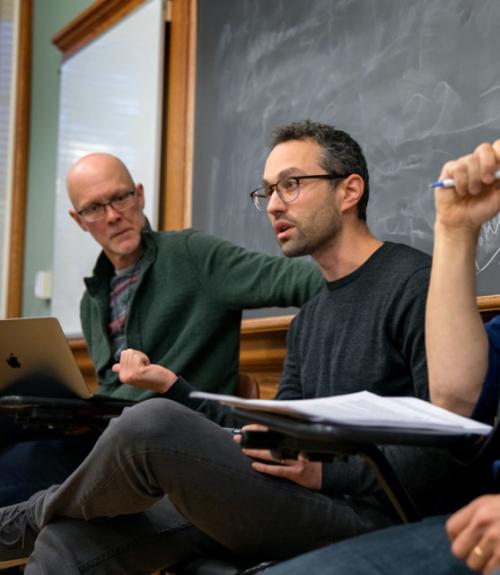In a three-hour Oct. 18 speech, Xi Jinping – general secretary of the Communist Party of China, president of the People’s Republic of China and chairman of the Central Military Commission – outlined his vision for China at the opening of China’s Party Congress. The watershed event marked the end of Xi’s first term and the beginning of his second as general secretary.
At a Nov. 8 panel discussion, “China’s 19th Party Congress: It’s Xi’s World Now,” three Cornell China experts offered their analysis to a standing-room-only crowd in White Hall: Allen Carlson, associate professor of government and chair of the China and Asia Pacific Studies (CAPS) Program, Andrew Mertha, professor of government and Eli Friedman, associate professor in the ILR School.
Xi’s speech, said Carlson, was notable for its emphasis on two words: “unity” and “security.” Carlson raised the question of why Xi needed to keep repeating those words, if China really has the unity and security Xi claimed. “Arguably, he’s making this claim from a position of strength, but it reflects a degree of unease about the extent to which the party is in control and the people are united,” said Carlson.
Xi has already accumulated more power than anyone since Mao and is centralizing it even more at this Party Congress, but to what end? Friedman said that for Xi, power is not necessarily an end in itself. His goal is to address what he sees as the “primary contradiction” in China, the central problem from which all other problems emanate. According to Friedman, this problem is the contradiction between the people’s regularly increasing demands for a better life and unequal and inadequate development The imbalances in China – economically, socially, regionally, ecologically – make this an immense challenge, said Friedman.
For example, Friedman said that to correct China’s global trade imbalance it has to increase domestic consumption, but to do that they need to reduce the income inequality that has skyrocketed in recent decades. Unequal development is a primary contradiction in the U.S. and many other countries, he said. But if history is any guide, addressing the obstacles to overcoming that inequality must come from social power, not from any single person, he added.
Mertha noted that the “demand for something better than the status quo is baked into developmental economics; it is the revolution in the rise of expectations.”
Though Mertha pointed out that historically China’s leaders have sought to transform society and not simply to consolidate power, Xi’s first term has been marked by his anti-corruption campaign and centralization of power. Under Xi, political promotions have increasingly moved away from measurable criteria like the GDP or the rate of births. Changes of this sort, like the anti-corruption campaign, is designed to put officials off balance, said Mertha. “And this is all in the service of establishing a new economic order in China. Hu Jintao tried to do this and was not successful, partly because he was not charismatic. The logic of argument is not enough; you need a political force to achieve that new order, and that’s what Xi is doing.”
But Mertha cautioned, despite how strong Xi is, what he’s up against is potentially much stronger: the desire of local officials to maintain the current export-based manufacturing economic system. “In 1978 Deng Xiaoping let the genie out of the bottle by empowering local officials; Xi is trying to put that same genie back in, an exponentially more difficult task.”
According to Carlson, many of China’s problems are the after-effects of globalization. “China has resources to throw money at these problems, but eventually the money will run out,” he said. “It remains to be seen whether they’ll address the social and economic issues. And I want to cast doubt on the inevitability of China continuing to emerge greater on the global stage. Because the more you have to emphasize strength and unity, the weaker you are.”
This article orginally appeared in the Cornell Chronicle.




